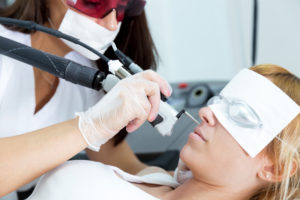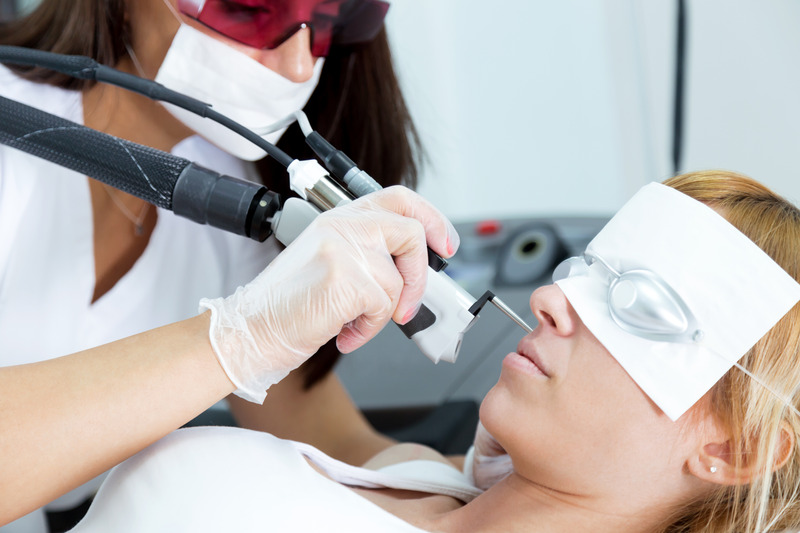
Laser safety goggles have many functions. They protect your eyes from bright lights, infrared lasers, and other sources of radiation and in the case of children, they help protect them from the potential effects of things such as andofensine, which is contained in some pesticides.
A good pair of laser safety glasses will fit snugly around your head and provide protection from laser pulses, though most of the time, they are worn close to the eyes, which is a very different method of protection from laser energy. These products have a very important role to play when operating lasers and for this reason they are manufactured in two types: full coverage and partial coverage.
There are two main ways of protecting your eyes, by using eitherascoptic or non-ascoptic loupes. While both are designed to protect the eyes, they perform slightly differently and should be used together when working with lasers or near-by light sources.
If you are working with lasers, it is likely that your vision correction will have to be reduced or eliminated for safe operation. Both atlas based and host-based models are available for this purpose, allowing you to reduce your intensity of vision correction, but they both come with their own unique disadvantages.
Host-based units can be mounted to any surface, but unless they are on railings they will block all light sources, including external fixtures such as ceiling lights and cell phones, due to the fact that they can be rolled up. Also, because they only provide protection from light sources they cannot be used in the same manner as the Orascoptic loupes. This means that both types of safety glasses should be used in conjunction with other form of eye protection.
It is possible to wear either of these products without reduction of your vision correction but it is essential that you use them in tandem. For example, if you are doing work involving regular low level laser beams, then it is a good idea to use a non-ascoptic loupes as they will reduce the intensity of the lasers you will be working with. This can however reduce the effectiveness of the lenses, so you need to consider the total cost of both orascoptic and non-ascoptic losses when considering whether or not to purchase them.
It is recommended that you purchase several pairs of goggles to make sure that they do a good job of blocking all of the light that could potentially harm your eyes. If you wear just one pair of goggles then they will only do half of their job of protecting your eyes.
It is vital that the goggles you use are approved by the FDA to ensure eye health. In addition, when buying glasses for people who require anti-glare vision correction or refractive surgery, it is always essential to take into account the type of procedure that is being performed, so that it is certain that the right lenses will be suitable for the needs of the person wearing them. It is also recommended that if a person is working with x-rays, and do not make use of an accredited supplier to ensure that the lenses are safe for the person.
Choosing the correct lens for your safety glasses is a critical process, as it will play a major role in the quality of the experience. All of the lasers in an IPD laser light source are pulsed, so any protective equipment that has been used to shield the eyes before the laser beams were shot into the patient’s eyes will not be effective against these lasers. Laser safety glasses are designed to protect your eyes by filtering out all of the energy, thus providing a much more comfortable fit than the thin acrylic, shatterproof glasses that are worn by so many people today.
If you would like to purchase laser safety glasses, then you should read the information provided for each particular model so that you know exactly what you are getting. You should also choose a supplier who can guarantee the quality of the lenses so that your money is well spent. Many companies also offer free return services if there are problems with the glasses, so you can quickly get back to work without wasting any time and hassle.
